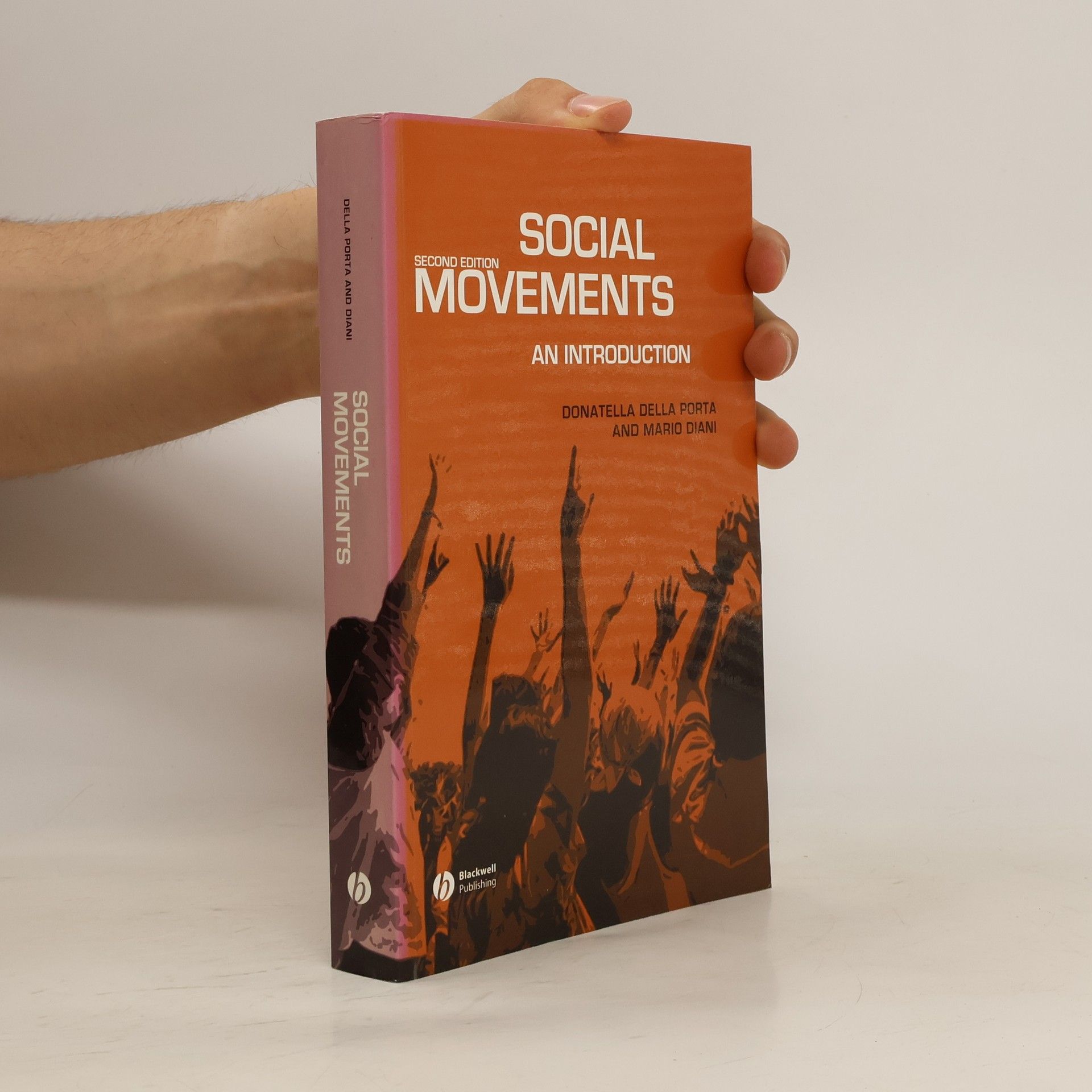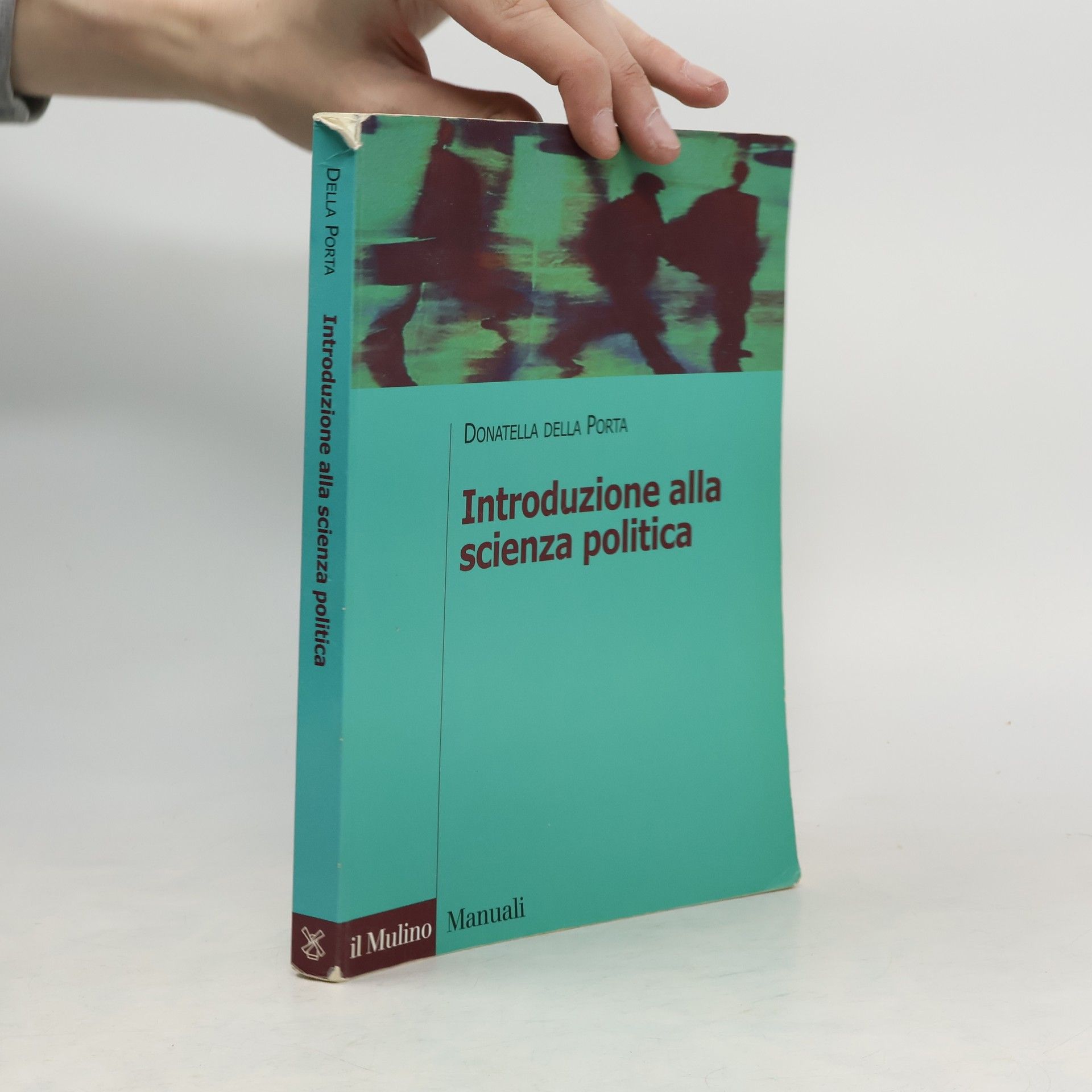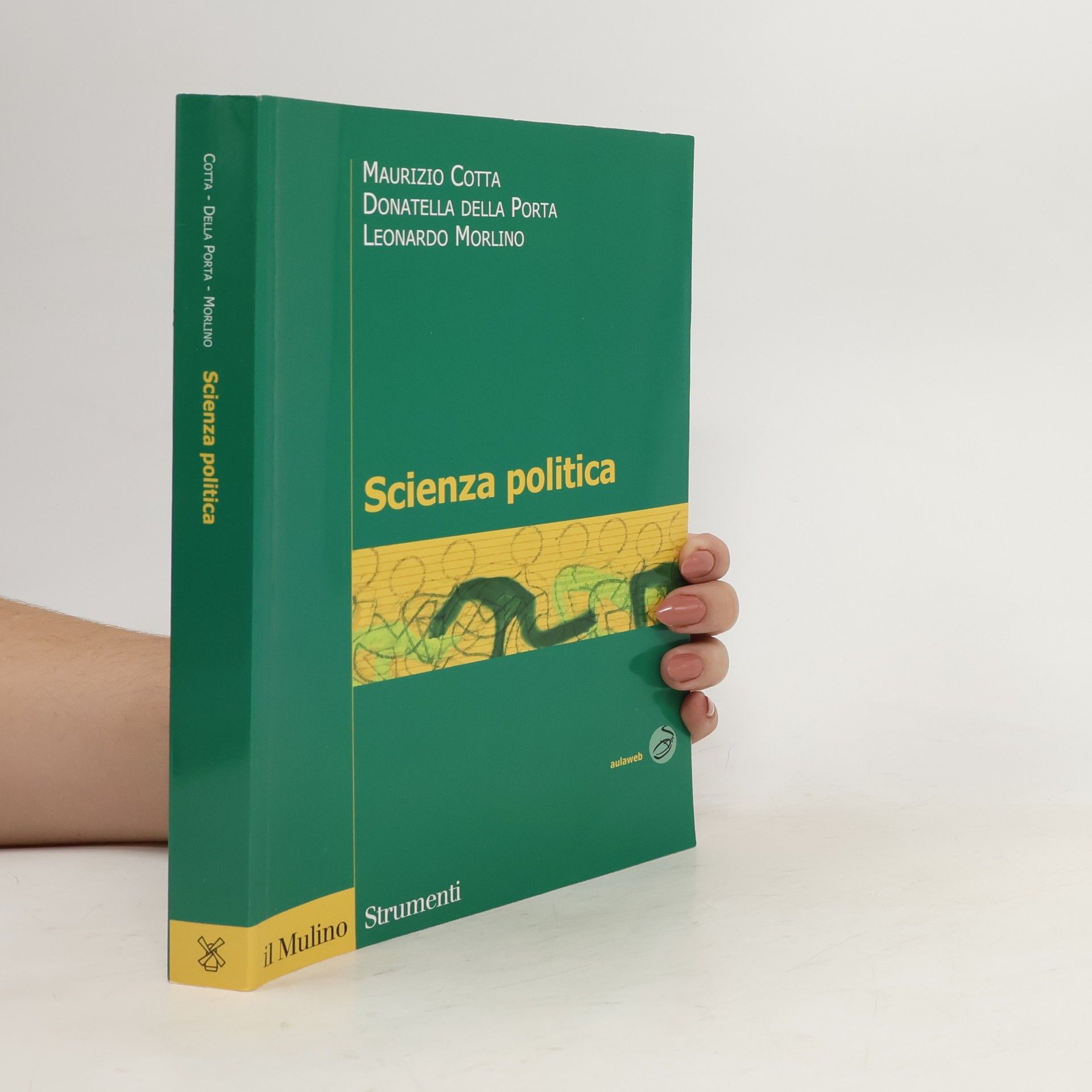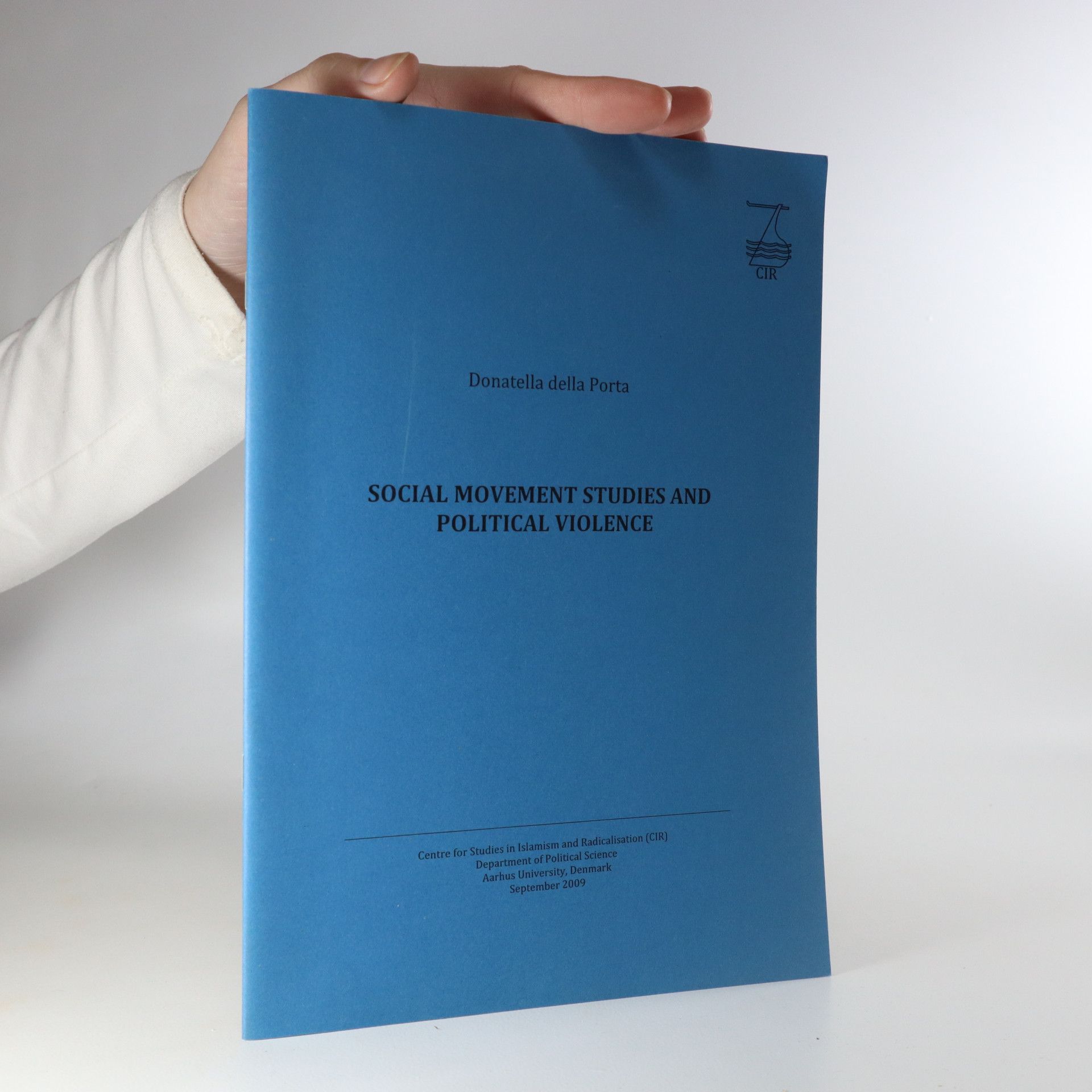Scienza politica
- 525pagine
- 19 ore di lettura
Il volume, presentato in una nuova edizione aggiornata, offre una panoramica completa delle tematiche fondamentali della scienza politica. I primi capitoli definiscono la disciplina, delineando oggetto, metodo e linee evolutive. Vengono analizzate le architetture politiche, i regimi e la loro successione storica, insieme ai repertori e agli attori della partecipazione politica. Successivamente, il testo descrive le principali istituzioni della democrazia rappresentativa e l'implementazione delle politiche pubbliche. Infine, si esplora la dimensione dello stato nazionale e le sue interazioni internazionali. Sul sito www.mulino.it/aulaweb, docenti e studenti possono trovare materiale utile per la didattica e l'apprendimento. L'indice comprende temi come la metodologia della ricerca politica, le democrazie e i regimi non democratici, la partecipazione politica, i gruppi di pressione, i partiti politici, la comunicazione politica, le elezioni, i parlamenti, i governi, le burocrazie pubbliche, il potere giudiziario e le politiche pubbliche. Gli autori, esperti nel campo della scienza politica e della sociologia, hanno pubblicato diverse opere significative, contribuendo in modo sostanziale al dibattito accademico.







